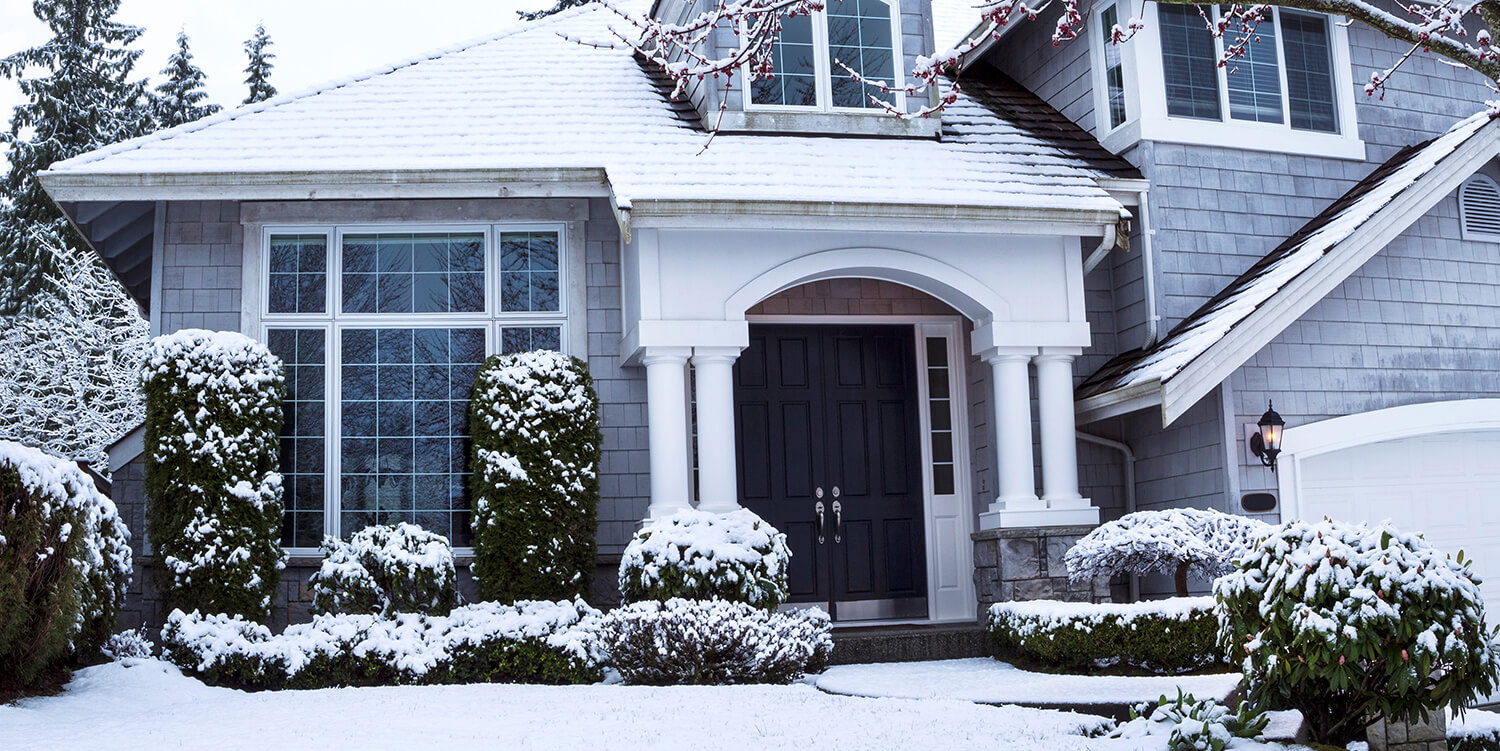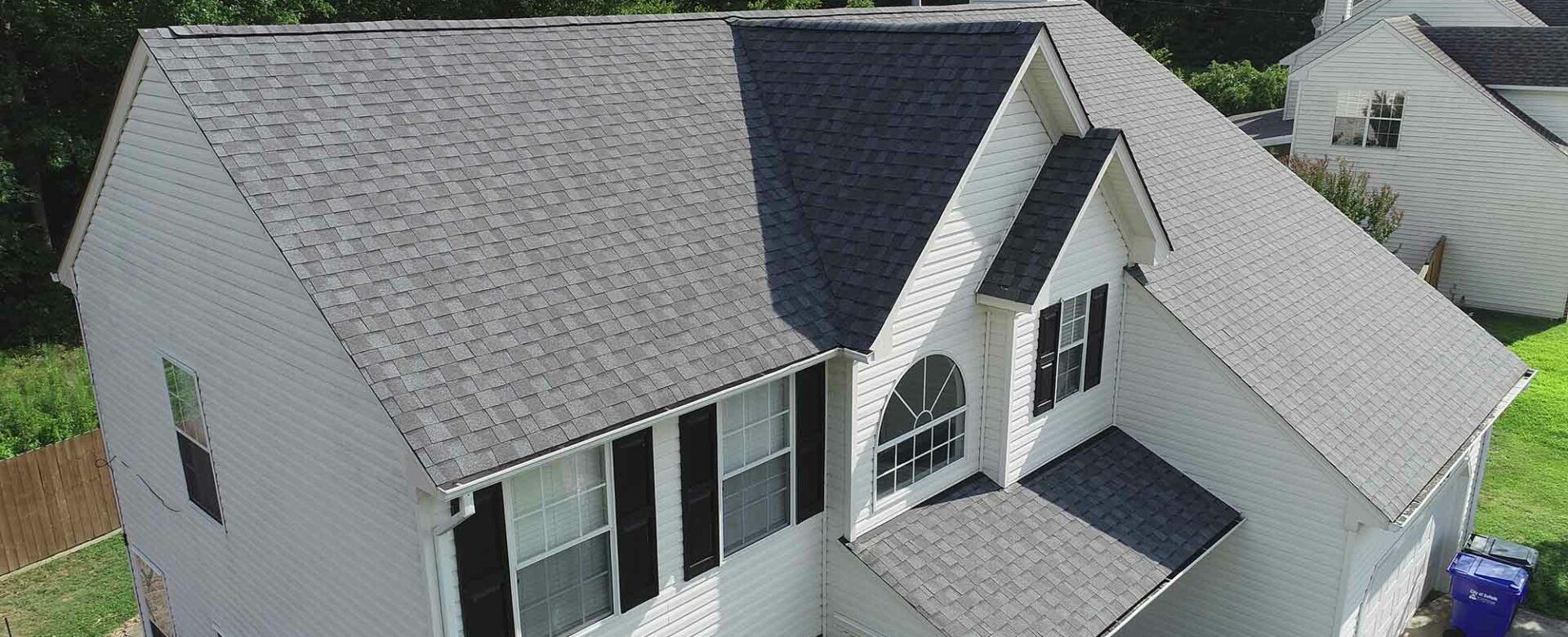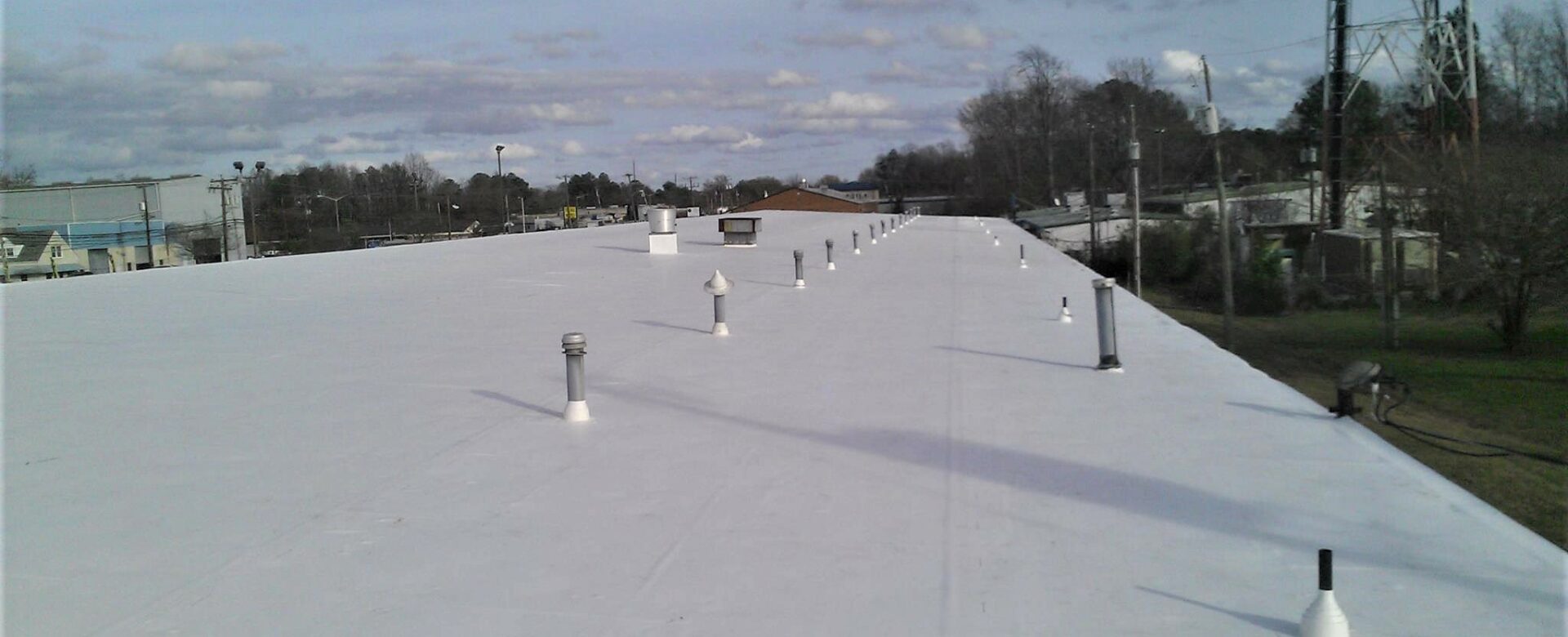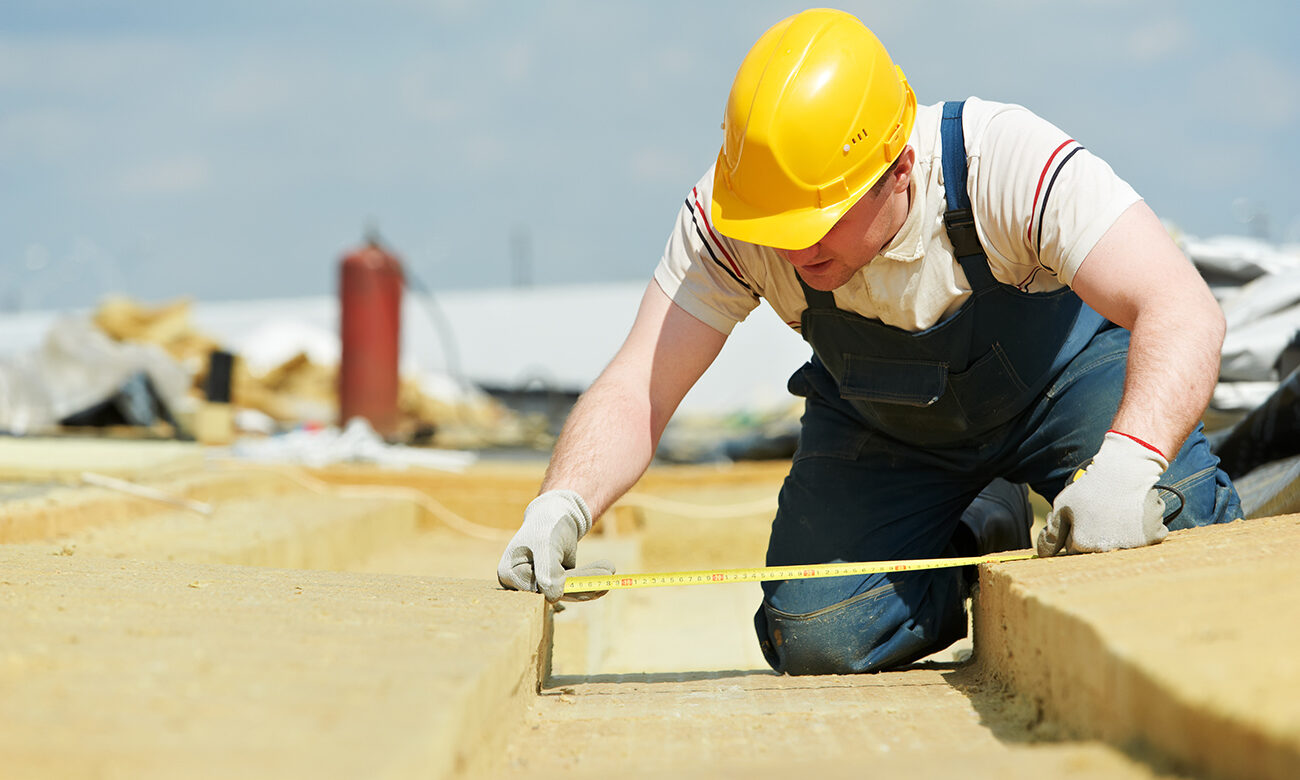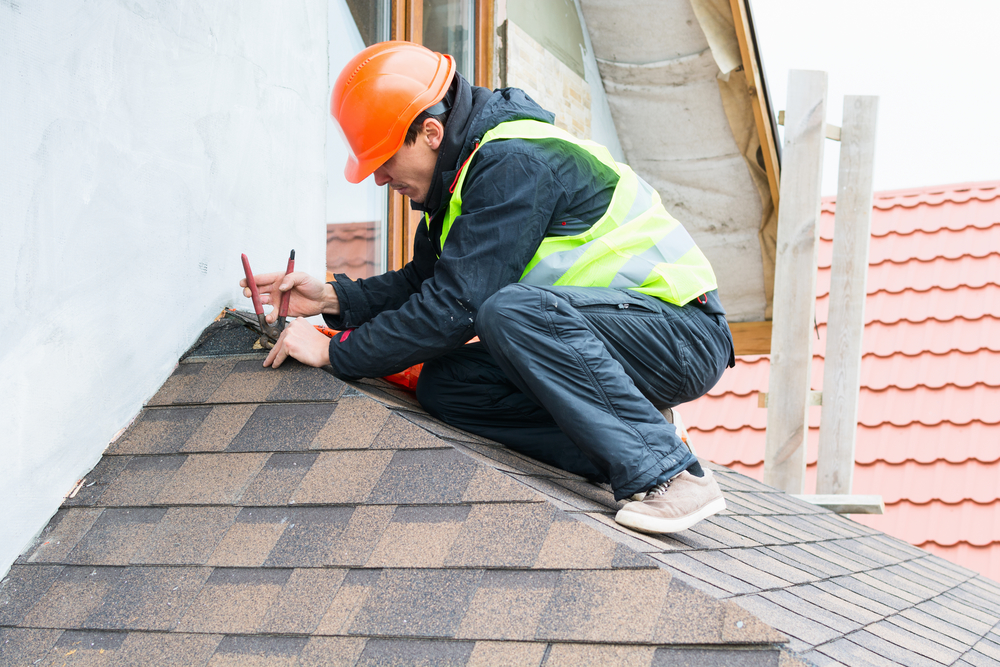Have you ever walked outside on a cold morning and noticed the frost that covers the ground? You might have to scrape your car before you can drive, and your grass may look like a sparkling wonderland. Direct your view upward to have a look at the roof. Is there frost on it? Do you know whether frost is good or bad for your residential roof? How do you know when to worry?
Is Frost Good or Bad?
The frost itself that collects on your roof isn’t necessarily good or bad. Roofing materials are made to withstand the weather, and roofers who work in cold environments know which materials will hold up best. As long as your roof is in good repair, you shouldn’t have to worry about water damage.
The fact that there’s frost on your residential roof could actually be a good thing. If you look around and notice all your neighboring houses have frost, but yours does not, it could be an indication that your attic insulation isn’t quite up to par. The frost may be spotty, which also means the insulation isn’t properly in place. Without proper insulation, the heat that should be warming your home is leaking out through the attic and the roof, which is melting the frost.
Should I Worry About a Lack of Frost?
If there’s a lack of frost on your roof, there could be cause for alarm. You should only worry if your neighboring houses have the same amount of sun exposure as yours. For example, your neighbor’s house might be blocked from the sun by tall trees or a taller building, while your home is in direct sunlight. As soon as the sun hits, your frost could melt away, but will remain on your neighbors due to the shade. If that’s the case, you would not need to worry.
Contacting a Roofer
If your house is not in direct sunlight, and everyone else has frost, you should contact a roofer to see if there’s a problem with your roofing and insulation. Contact Andrews Roofing by calling 757-296-0553 or emailing us today for more information.
